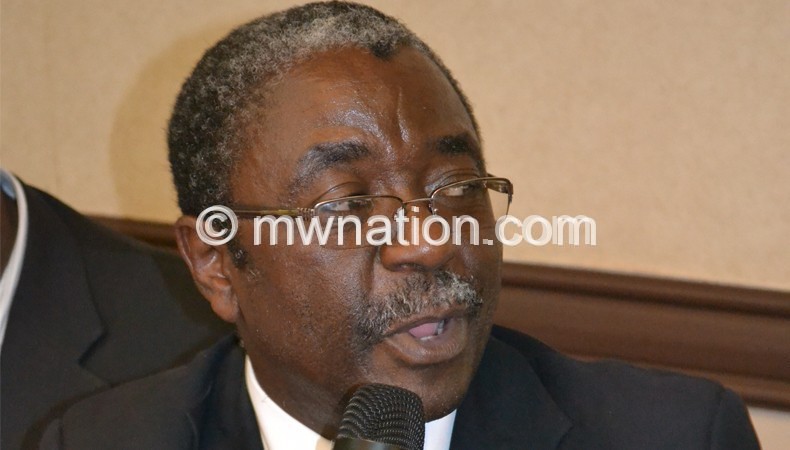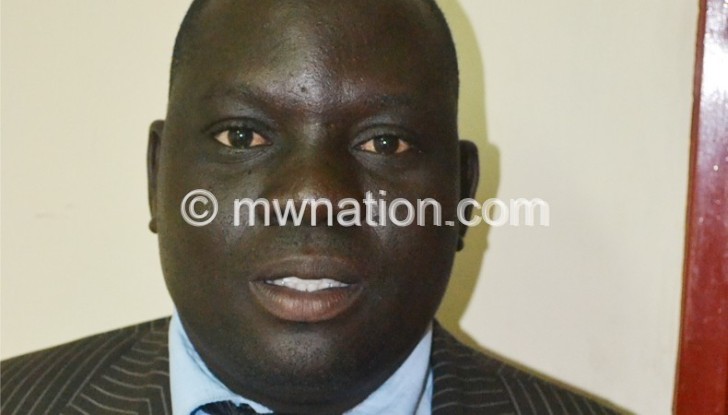Audit calls for easy firing of wayward judges
An institutional audit of the country’s Judiciary has called for relaxation of stringent provisions that govern the process of impeaching judges, saying the move has contributed to indiscipline and impunity in the Judiciary, Nation on Sunday can reveal.
But a law expert has since described recommendations of the report as a threat to the independence of the Judiciary.

The audit, which was conducted on behalf of Citizen for Justice and the Anti-Corruption Bureau (ACB) and whose report was presented in Lilongwe last week, has also called for review of the Judicial Service Commission (JSC) to ensure greater independence by, among other things, removing the role of the Executive in the hiring of judicial officers and facilitation of conditions of service.
The report has cited instances of judges under investigation by the ACB continuing presiding over cases as damaging to the credibility of the Judiciary and the rule of law.
Reads part of the findings: “Section 119 of the Malawi Constitution provides for the removal of judges for incompetence or misbehaviour. In a bid to ensure security of tenure, the process for such removal is complex and tedious as it essentially amounts to impeachment proceedings before the National Assembly. This has had an undesired effect of dissuading the duty bearers from initiating the process even in cases where it is necessary to do so.”

However, law scholar Edge Kanyongolo has questioned the rationale behind the call and described the move as dangerous to the independence of the Judiciary, which he said hinges on security of tenure for judges.
“Much as I understand and sympathise with the concern on judges continuing to preside over matters while under investigation, let me be straightforward here; I don’t agree with the proposal because we will pay an even stiffer price if we accept that we should relax the security of tenure for judges,” said Kanyongolo.
While welcoming calls for review of the Judicial Service Commission Act, Kanyongolo said the review should not particularly dwell on the role of the Executive as called for by the audit, but rather focus on diversifying those eligible to serve as commissioners.
“The fact that one is appointed by the President does not necessarily mean he or she will not be independent. We are all proud of our Judiciary despite the fact that at the moment judges are appointed by the President,” added Kanyongolo.
Citizen for Justice executive director Reinford Mwangonde has backed the calls for review of the laws on impeachment of judges, noting that due to the stringent process, the public has been dissuaded from seeking justice when judges accused of wrongful conduct are protected by the law.
Mwangonde also agreed with the report on the need for a new Act of Parliament which should elaborate the appointment of judicial officers, especially for the High Court and the Supreme Court of Appeal.
“Much as the prerogative to appoint judges rests in the hands of the President, the Judicial Service Commission makes recommendations to the President. We need to have a clear process in how those recommendations are made and that has to be elaborated through an Act of Parliament. We have to improve the merit selection and appointments of judicial offices,” said Mwangonde.
He noted that while the appointment of judges of the High Court is preceded by an open invitation for applications, once applications have been submitted to JSC, there is no transparency in the way the commission conducts its business.
Judiciary spokesperson Mlenga Mvula said he was yet to see contents of the report, but said the Judiciary was open to recommendations that would improve its operations.
“We welcome any suggestions from Malawians that are made to help us serve this country better. There is an ongoing public reform process and we are hopeful that all good suggestions about the Judiciary will also be seriously debated and taken on board,” said Mvula.
Commissioners for the JSC, which is also responsible for conditions of service to judicial officers, are currently appointed by the President and has a government representative as an ex officio.






When people start making these recommendations it means that they have been let down by those who were entrusted with discharging some duties. Its a shame that we have to strict laws for our technocrats to start showing some semblance of integrity when discharging their duties for which they are fairly remunerated.